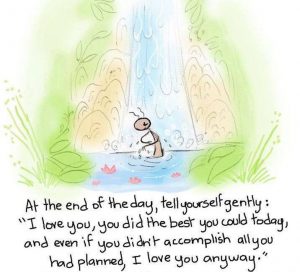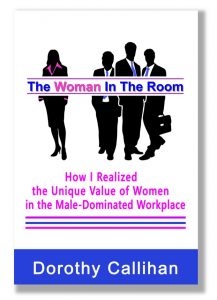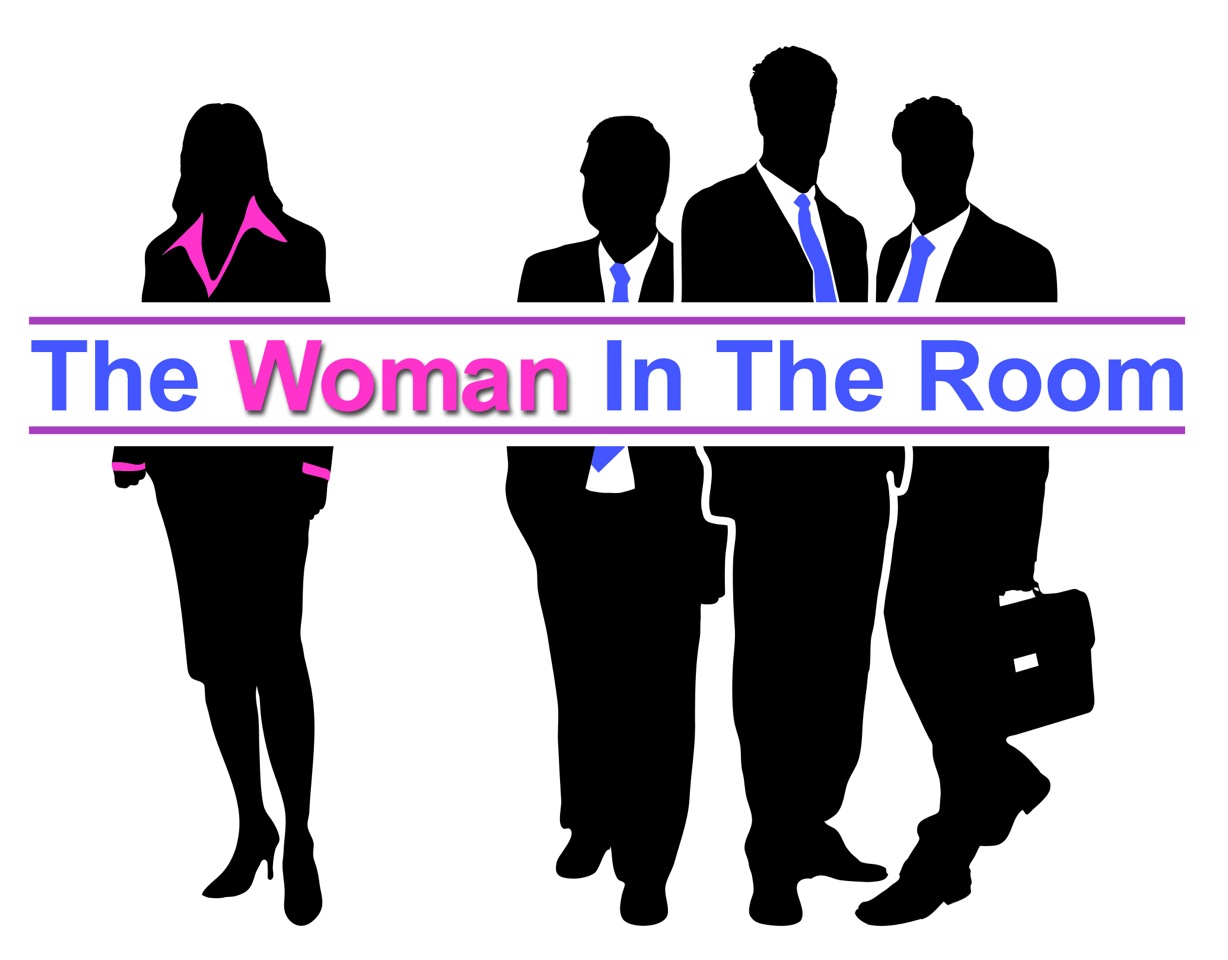
www.123rf.com 43998926 .
When women need career advice our first instinct is to look on the internet. This is what I did a few years ago. I successfully broke through a barrier that read, “No Women Past This Point” and I knew I could go further. I just needed help to get there.
After a few hours of reading and skimming through internet articles, I stopped. I was horrified by what I read. My only thought was:
If this is the career advice women are getting, it’s no wonder we aren’t advancing!
I forgot about my own career advancement and dove into this new problem. I kept reading and realized the articles could be divided into four groups.
The first group and by far the largest, was what I called The Feel Good Group. These articles, blogs, pictures and quotes offered an abundance of inspiration and empathy. They let me know I wasn’t alone and other women were dealing with the same issues as me. I felt like my frustrations were heard and shared with the world. This group made me feel better as it inspired and motivated me.
But then, after reading what seemed like hundreds of these articles, I still wondered what behaviors I was supposed to adopt or change in order to advance my career. As an engineer and a business woman, I wanted actionable solutions. However, The Feel Good Group offered only inspiration.
The second group had the opposite effect so I called it The Feel Bad Group. These articles and blogs made me feel like women are doomed. It didn’t matter what I did, how I acted, or what I achieved, the male-dominated workplace was inherently unfair and would always hold me back simply because I was a woman. According to them, it didn’t even matter if I worked for a female manager because they often treated women worse than men. Reading these articles I felt more victimized and powerless than I actually ever experienced my hard-core male-dominated the workplaces. From these articles I concluded that I should stop looking for solutions because my situation was hopeless.
The third group of articles was summaries of research papers so I called them The Studies Group. Written by various institutions and organizations these articles were basically long problem statements loaded with lots of facts and figures documenting all the ways women aren’t advancing and achieving parity with men. I also noticed that the way the facts were sliced and diced led women to conclusions that were inconsistent with my real-world experiences. I decided that many of these studies were worthless, not only because they didn’t offer solutions, but because they didn’t give me credible information I could use to derive my own solutions.
For 11 months, I searched and read. Then finally I was sent an HBR article that I was told belonged to the elusive fourth group, Solutions for Advancing Women. I read the article with great anticipation, expecting the wisdom of the ages to spill off the page. After reading it though, I wasn’t excited. There was something about it that bugged me. Something about it wasn’t right but I couldn’t figure out what.
Then, it dawned on me.
“The Solution” to women’s career advancement issues could be summed up as: Act like a man.
Wow! What does that advice tell women about their value in the workplace?!
I was disappointed that a year of researching and reading countless articles yielded no feasible and actionable solutions to advance women in the workplace. However, there were a few things that stuck me.

The first was that society’s perception of women has evolved very little since the mid-20th century. It still believes women are primarily emotional and all of our problems exist only in our head. If women are made to feel better, then – *POOF* – all of our problems magically go away. The only way society has evolved is by instead of issuing women Valium, we are given feel good posts and images on social media to stream through.
The second thing that struck me was that it seems we still believe that female traits are inherently inconsistent with workplace success. Is this why women aren’t given actionable solutions? Do we still believe femininity and workplace success are mutually exclusive?
This made me question how many people, organizations, institutions and workplaces truly believe men and women are equal and of equal value in the workplace. This goes well beyond just a gender bias – it is a true belief in the inherent inferiority of women or female traits in the workplace.
After thinking about all that, I was struck by another alarming thought: Women are being played.
What do I mean by this?
I mean that it seems that many of the organizations, institutions and media are not as interested in advancing women in the workplace and society as they advertise.
Why not?
Because there is so much $$MONEY$$ to be made off of maintaining the status quo!
It’s actually very simple.
We know women are the largest consumer group. And, if you read any article or book on marketing to women, it will tell you that to sell to women, appeal to their emotions. Therefore the product the internet sells to women is Emotional Responses.
 If women feel bad, give them an inspirational message to click on, so they feel better. Then the next time they feel bad, they will return to the site again so they can feel better.
If women feel bad, give them an inspirational message to click on, so they feel better. Then the next time they feel bad, they will return to the site again so they can feel better.
To generate even more revenue, start generating negative messages so women will seek out the posts, images, a class, a training program or coaching that make them feel good. By manipulating the cycle and women’s emotions tremendous revenue can be created. (Take an internet marketing course and this is what they teach.)
In the years since I began monitoring how the internet uses women, there have been some changes. Women have caught onto The Feel Good Group and want more than just empathy and inspiration. We want to feel like we are intelligent too. In response, the technique changed and the floodgates opened producing articles and posts that fall into The Studies Group. There is a good reason for this.
You probably read a study that says women get more college degrees than men. Therefore, the internet knows it can make women feel good by reminding women that they are academically superior to men. Studies, especially studies on women’s issues, do that.
Typically we think of studies as being dry and boring so to appeal to women, there has to be an emotional element. This is why studies designed for women have facts that are sliced and diced to create an emotional reaction. The chosen the emotional reaction is outrage and an intense feeling of unfairness reminiscent of The Feel Bad Group.
A prime example of this is the wage gap.
We’ve all read study after study that cites the 78 or 80 cents women earn to every 1 dollar men earn. Seeing these numbers women are outraged by how they are getting ripped off in their workplace and how unfairly they are treated because there is a gender bias that favors men and pays men more.
In reality though, there are many factors that create the wage gap. But these factors aren’t even mentioned, let alone discussed. If women don’t know these factors they can’t think about them and develop solutions to close the wage gap.
For the internet, its discussion of the wage gap was successful.
It sold women Intellectual Outrage without the possibility of solutions.

www.123rf.com 24390717
As women we need to get wise to all the ways we are being sold Intellectual Outrage without the possibility of solutions. It’s everywhere. It is how we are being conditioned to respond. And this response will do nothing to advance women in society or the workplace.
Don’t believe me?
Check your own reaction to this article – I know there are some of you who are experiencing Intellectual Outrage right now.
Conduct your own study. Read through posts on social media. Attend the Women’s March. Read #MeToo posts. Monitor your own response. Is it emotional? Then ask yourself:
Where are the solutions?
Empowered Women Don’t Engage in Intellectual Outrage.
They Seek Solutions.
 Find this article helpful?
Find this article helpful?
Sign up to receive more
Follow The Woman In The Room on Facebook

